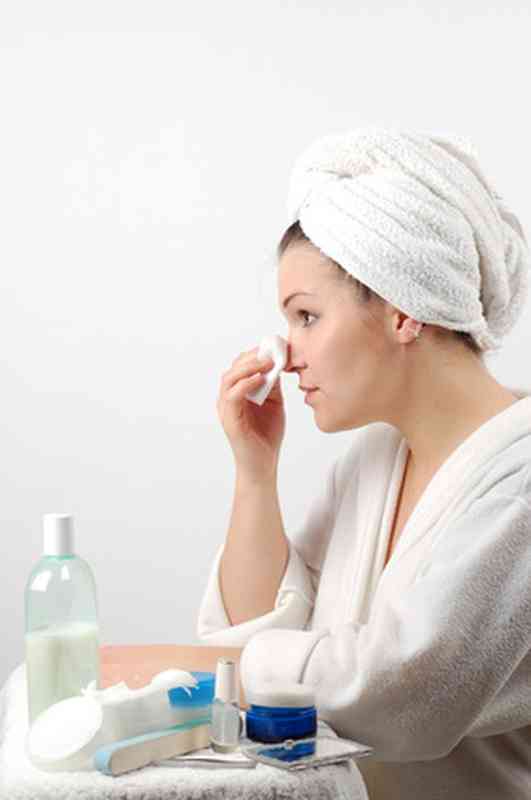The Best Over the Counter Medicines for Sinus Congestion

Everyone's experienced it. It's misery. Sinus congestion,or the swelling of the mucous membranes lining the nasal and sinus passages, is one of life's small torments. Aside from causing the acutely uncomfortable feeling of obstructed breathing, sinus congestion also impedes the flow of mucous through the nose and contributes to post-nasal drip. Knowing how and when to choose among the shelves full of sinus medications can mean the difference between a good night's sleep and a night hunched over the tissue box. Decongesting properly can also nip a sinus infection in the bud without antibiotics.

Diagnosis
First, it's important to figure out the underlying diagnosis. A cold? Seasonal allergies? If so, over-the-counter medications will work fine. But sinus congestion lasting more than 10 days or accompanied by sinus pain, tooth pain, fever or other worrisome symptoms calls for a visit to the doctor.
Pseudoephedrine
Pseudoephedrine (Sudafed) was once the main decongestant on the market. Studies show that it opens up the nasal passageways and helps people with congestion feel better. Lately, law-flaunting people have been grinding it up to make illicit substances, so access is restricted. But it's the best decongestant on the market, so it's worth asking for it at the pharmacy counter. Pseudoephedrine does cause insomnia, so at bedtime it's a personal decision whether to be awake and decongested or sleepy and congested. People with high blood pressure, arrhythmias, glaucoma and urinary retention should consult a physician before taking it, as should anyone on a chronic medication.
Phenylephrine
Now used as an on-the-shelf alternative to pseudoephedrine, phenylephrine works weakly by comparison. Like pseudoephedrine, it works by revving up the sympathetic nervous system, so its side effects and drug interactions are similar.
Nasal Decongestants
Sprays like oxymetolazone decongest on contact. It's a great feeling--actually, addictive. Decongestant nasal sprays can be used at night for a couple of days to decongest while avoiding the insomnia caused by oral decongestants. But using this medication for 3 days or more can lead to rebound congestion even worse than the original symptoms--a condition called rhinitis medicamentosa. Strictly limiting its use and using 12-hour formulations can make rhinitis medicamentosa less likely to occur. The cure for rhinitis medicamentosa is nasal steroids, which require a prescription.
Antihistamines
Antihistamines do not decongest the nose unless the underlying cause of symptoms is allergy. If stuffiness from a cold or sinusitis is the main problem, skip this class of medication. Antihistamines will just dry out already irritated mucous membranes and thicken the mucous. Many nighttime formulations contain antihistamines, mainly because some are extremely sedating and counteract the insomnia produced by decongestants.




